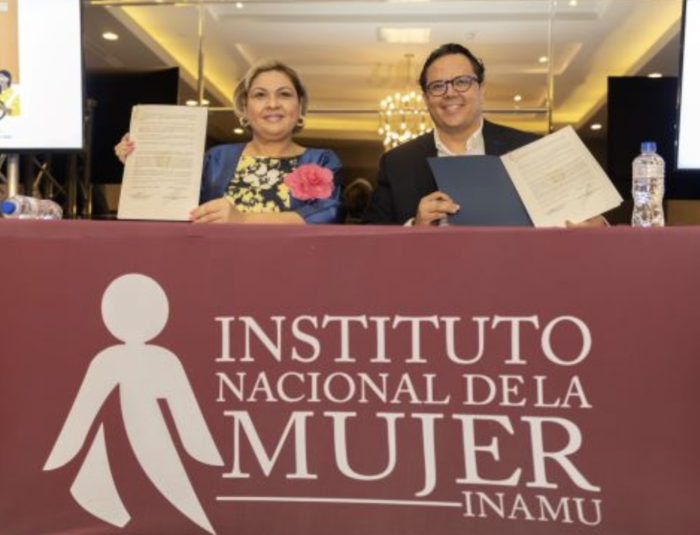The National Women’s Institute in Panama made an alliance by which they will promote access to the technological application of travel intermediation, as driving users, to those women at risk of violence who need to generate profits for their own and/or their families’ maintenance.
Economic autonomy, one of the four pillars with which INAMU works in Panama, is the ability to generate own resources from access to sources of income, which is essential for women to have monetary gains that allow them to have access to goods and services, and that in this way they can have the power to make decisions about different areas of their lives.
According to a recent OECD study, it is evident that women currently earn 12.8% less than men. In addition, there is data that women in managerial positions are considerably less, despite the proven direct economic benefit of the presence of women in leadership roles.
“Intermediation applications play a very important role in the promotion and construction of more equitable societies. Many women face greater barriers to entry for
access economic activities and even receive lower wages, due to gender discrimination. At DiDi we have a commitment to reverse this trend: a woman who connects for an hour through DiDi to generate profits with her vehicle, will generate exactly the same profits as a man at that time,” said Vicente Roqueñí, Regional Director of Affairs.
For its part, being the National Women’s Institute, the national entity responsible for the promotion and implementation of the public policy of equal opportunities for women, provides a
adequate platform for gender-aware companies to guarantee effective inclusion initiatives for populations of special attention such as women.
The specialized technical staff of INAMU provides the tools and tools, not only for the design and execution of projects that benefit women, but also for the monitoring and monitoring of them, which allows us to show the results and positive impacts of the intervention.
In this regard, the Director General of INAMU, Nellys Herrera Jiménez, emphasizes that “the realization of this alliance is one more affirmative action, that our National Women’s Institute makes a reality to contribute to the transformation of these unequal gender relations that increase vulnerability in women. Providing a tool to women, mainly from urban areas on this occasion, through private enterprise, is a bet that ensures optimal results.”
One of the main barriers to the integration of women in technological applications that connect with mobility, either as users or as driving users, is the prejudices towards the insecurity that they may face, particularly due to previous experience using public transport and selective transport.

